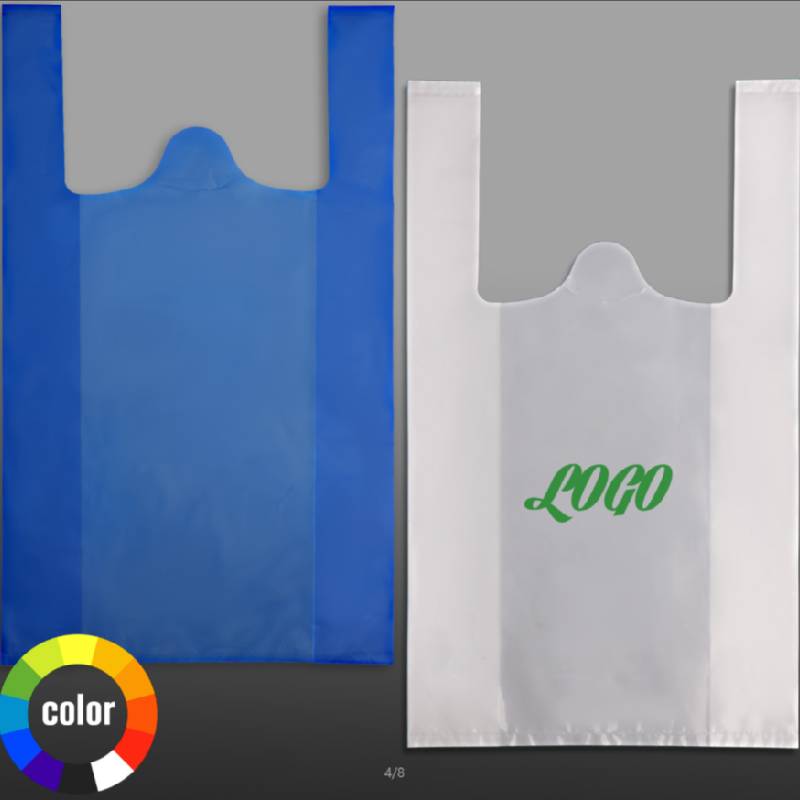disposable gloves for cooking
The Importance of Disposable Gloves for Cooking
In the culinary world, maintaining hygiene and safety standards is of utmost importance. One effective way to ensure that cleanliness is upheld in the kitchen is through the use of disposable gloves. Whether you are a professional chef or a home cook, understanding the significance of disposable gloves when cooking can help you prevent cross-contamination and promote a healthier cooking environment.
What Are Disposable Gloves?
Disposable gloves are non-reusable gloves designed to be used once and then discarded. They are commonly made from materials such as latex, vinyl, or nitrile. Each type has its own set of advantages, making it crucial to select the appropriate type based on the cooking tasks at hand. For instance, nitrile gloves are popular in food service industries due to their puncture resistance and durability.
Preventing Cross-Contamination
One of the primary reasons for using disposable gloves in cooking is to prevent cross-contamination. This refers to the transfer of harmful bacteria or allergens from one food item to another. When handling raw meats, for example, using disposable gloves can significantly reduce the risk of bacteria like Salmonella and E. coli contaminating ready-to-eat foods. By changing gloves between tasks—such as switching from handling raw chicken to preparing salads—you can protect the integrity of your dishes and promote food safety.
Protecting Your Hands
Using disposable gloves can also protect your hands from harmful substances. Cooking often involves dealing with potent ingredients such as spices, garlic, and acidic foods like tomatoes and citrus. Prolonged exposure to these can irritate the skin or cause allergic reactions. Furthermore, if you are dealing with cleaning agents while preparing food, gloves provide a barrier against harsh chemicals that could harm your skin.
Convenience and Ease of Use
Disposable gloves are convenient and straightforward to use. They come in various sizes and materials, allowing users to find a perfect fit comfortably. They are also easy to put on and take off, making the process seamless while cooking. After you finish handling certain ingredients or tasks, you can simply remove the gloves and discard them, minimizing the hassle of cleaning up afterwards.
disposable gloves for cooking

Complying with Food Safety Regulations
For professionals in the food industry, using disposable gloves is often a legal requirement. Many health departments mandate that food handlers wear gloves to ensure consumer safety. Restaurants and catering businesses that fail to comply with these regulations may face fines or even closure. Adhering to food safety protocols, including glove use, can also bolster a business's reputation and confidence among customers.
Environmental Considerations
With growing awareness of environmental issues, many people hesitate to use disposable products, fearing they contribute to waste. However, disposable gloves designed for cooking can be made from biodegradable materials, offering a more environmentally friendly alternative. Additionally, investing in disposable gloves, which can reduce the need for extensive cleaning, can ultimately save time and resources in the kitchen.
Best Practices for Using Disposable Gloves
To maximize the benefits of using disposable gloves in your cooking practices, consider the following best practices
1. Change Gloves Frequently Always change gloves when switching tasks, especially between raw and cooked foods. 2. Ensure Proper Fit Select gloves that fit well to avoid tearing and ensure dexterity. 3. Wash Hands Before Donning Always wash your hands thoroughly before putting on gloves to minimize contamination. 4. Avoid Reusing Gloves Treat disposable gloves as single-use items. Reusing them can defeat their purpose. 5. Dispose Properly Discard used gloves in a designated waste bin to prevent pollution and promote cleanliness.
Conclusion
In summary, using disposable gloves in cooking is an essential practice for maintaining hygiene, preventing cross-contamination, and protecting both food and cooks from potential hazards. By being conscientious about glove usage, you can ensure a cleaner, safer cooking environment while adhering to necessary food safety regulations. As you whip up your next culinary masterpiece, consider the role of disposable gloves—not merely as an accessory but as a crucial component of a healthy kitchen.
-
The Best Uses for Small Trash Bags in Daily LifeNewsJul.01,2025
-
Stylish Reusable Grocery Bags TrendsNewsJul.01,2025
-
Shipping Advantages of Using Bubble Envelopes BulkNewsJul.01,2025
-
How Compostable Mailing Bags Reduce Environmental ImpactNewsJul.01,2025
-
Environmentally - Friendly Bulk Poly MailersNewsJul.01,2025
-
Eco Friendly Custom Laminated Tote BagsNewsJul.01,2025
-
Have the freedom of customizing your custom mailers any way you want! Our dedicated packaging support will help deliver you the mailing experience you need to elevate your shipping experience to the next level! Start making a strong impression on your customers and stand out from your competitors! -
LIYA uses high quality raw materials which directly purchased from large enterprises domestic and overseas such as PetroChina, Sinopec, Sabic, Equate, ExxonMobil, Dow Chemical, Total, and Borouge, ensuring the price advantage and quality of the raw materials. -
LIYA uses high quality raw materials which directly purchased from large enterprises domestic and overseas such as PetroChina, Sinopec, Sabic, Equate, ExxonMobil, Dow Chemical, Total, and Borouge, ensuring the price advantage and quality of the raw materials.





